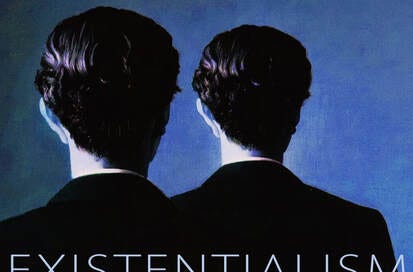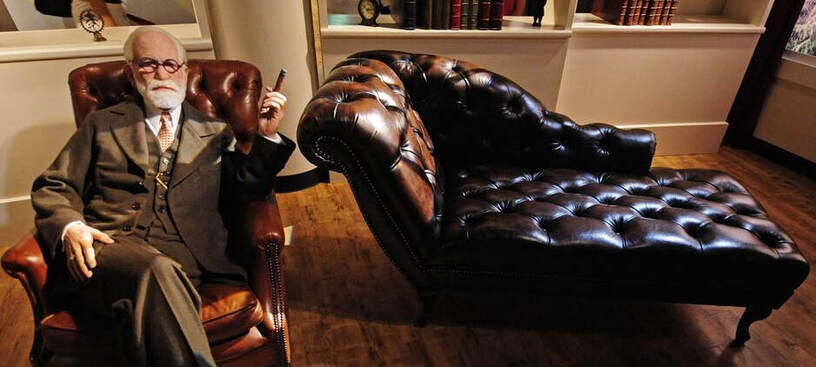Dreams contain images and thought associations which we do not create with conscious intent. They arise spontaneously without resistance as representatives of psychic activity withdrawn from our arbitrary will – Carl Gustav Jung
As we see, making sense of Heidegger’s work is no easy task. This is also the case with his writings and lectures in the years following Being and Time.
In later years he spoke enigmatically about the “Fourfold,” which left most people puzzled and disinterested. His comments on the “gods” confused many readers and listeners. It sounded “mystical” to their ears. This is because, when all is said and done, his doctrine of the Fourfold is mystical in the fullest and most correct sense of the word.
Most commenters on Heidegger have a difficult time making sense of this aspect of his philosophy, and struggle to make it clear for readers. Understanding it is easier when we approach the subject after considering Heidegger’s attitude toward psychology and psychoanalysis. Doing so helps us grasp a vital aspect of these practices that Heidegger’s sharp mind honed-in on. It’s an aspect that would certainly have captured his interest, supporting and strengthening his theories pertaining to the mysterious Fourfold.
In general, the first coterie of Existentialist thinkers didn’t have a high regard for psychology and psychoanalysis. John Paul Sartre, in particular, worried that modern humans turn to psychologists for similar reasons as their forebears turned to priests and pastors. In the past, one went to confession and told the priest all about their hang-ups and “sins.” After spilling out their guilty consciences and receiving absolution, they left the church to continue sinning and feeling guilty. Sartre was all too aware of the underlying human need for father-figures and pathological penchant for self-deception. Inauthenticity is the order of the day, as far as Sartre was concerned. Social man’s very existence demands he live in “bad faith” with himself.
Might not the psychologist, and techniques of therapy, allow a client or patient a way out of taking responsibility for his life? Sartre said yes, that is absolutely what regularly happens. There’s duplicity on both sides, with the client and with the doctor. Instead of this or that cause – caste, class, poverty, ignorance, crassness or incompetence, etc - being a hindrance, I can disingenuously place the blame for my failures on my “unconscious.” Doctor, it’s my drives and complexes that make me what I am. It’s my animal instincts, compulsions and unconscious unfulfilled wishes that ruin my life. In the past I blamed Demons, today I blame the psyche. And so, it goes.
Sartre and other Existentialists were having none of it.






